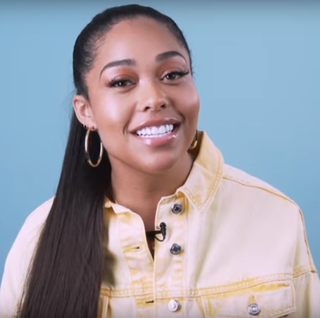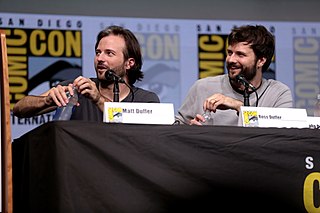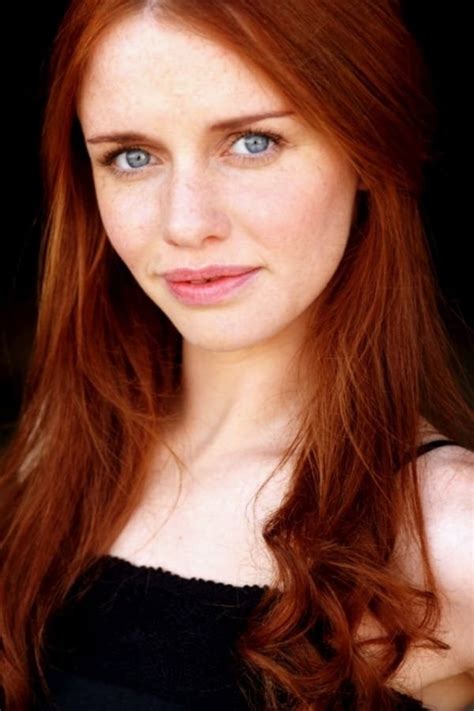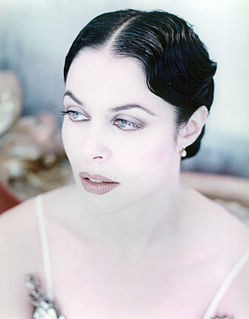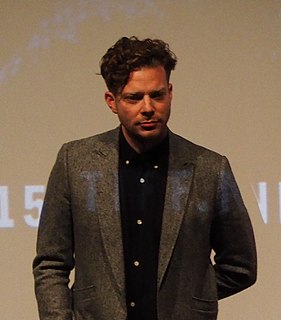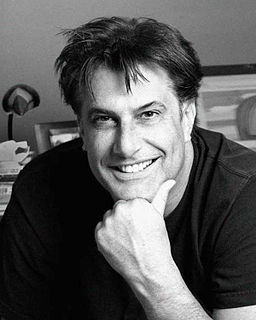A Quote by Gaspar Noe
When you make shorts, people don't get paid. It's mostly about being diplomatic that you're going to do a masterpiece of short cinema.
Related Quotes
Most of the actors that I've had the pleasure to work with are very easy to get along with. And whether they're getting paid or not getting paid doesn't necessarily make a difference. Most people are easy to work with and easy to get along with, but we mostly hear about the assholes who are really a pain in the ass, and we've all had our share of working with them.
A lot of the young people make beautiful films or big films or are able to finance them, but they can't get anyone to distribute them, they can't get anyone to see them, so they go to these thousands of film festivals. So I still believe that even though a young kid might be able to make a masterpiece or something that changes the direction of cinema, the issue of how to get it to people is still not solved.
If people are worried, if they're fearful, if they feel a sense of grievance or that they're not being treated properly or that they're not being paid fairly, what you're going to have is you're going to have people doing the minimum amount of work necessary to not get fired, and not a peppercorn more.
We had this idea, and I think a lot of people did going in, that you can make some short film and it's going to get industry attention and that's going to be your thing. And it was only later on at school that we realized that's very rare that a short film is going to capture the attention of anyone.
When I was growing up, I was teased for being too skinny. I went to summer camp when I was 11. I wore shorts, and the nurse said to me, in front of all my friends, that I was anorexic and that she had to monitor me to make sure I was eating. Because of that trauma, I never wore short pants or short skirts until I was 20.
I remember going to him (Richard England) and saying, “You know, how come you don't give me any parts?” I did Raymonda and a couple of other nice parts, but mostly he was giving a lot of parts to the other girls. He said, “Those girls are short and they're not going to get into ABT, but I think you are going to get into ABT. I think you're going dance later, so I'm not worried about you.”
For people to understand, you can't speak 'cinema.' Cinema doesn't have alphabets, so you have to go to the local language. Even in England, if they make a movie in London they have to make it in the Cockney accent, they can't make a film with the English spoken in the BBC. So cinema has to be realistic to the area that it is set in.




